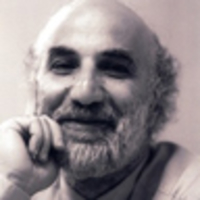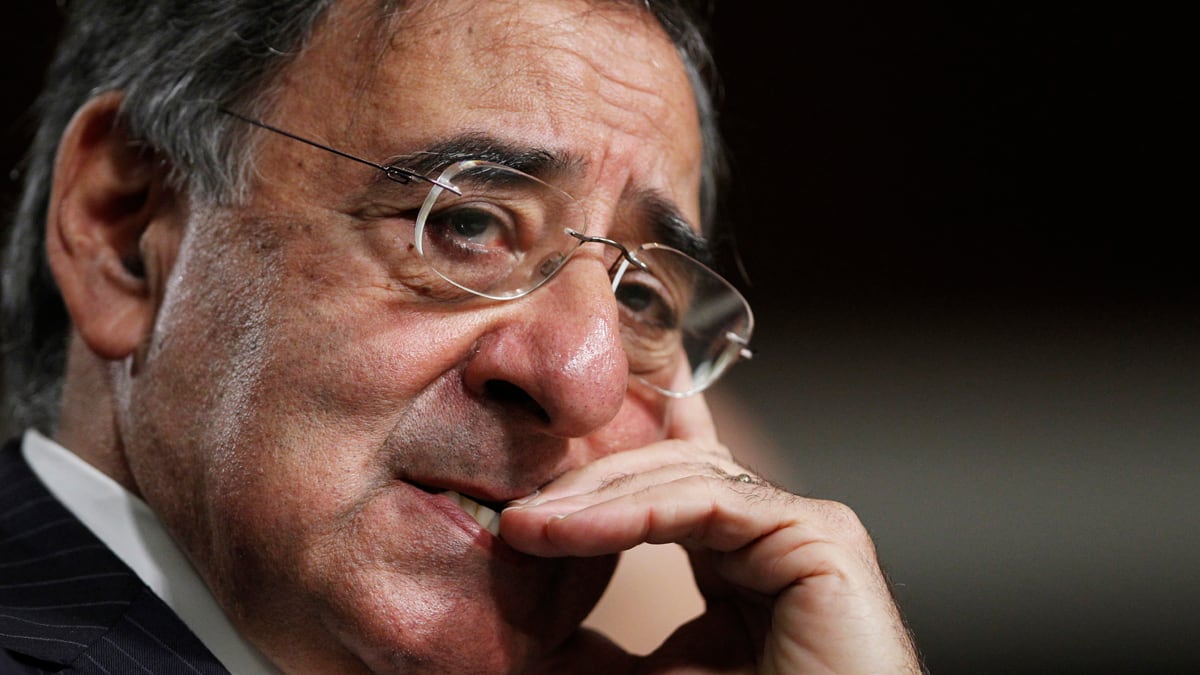Michael Kinsley once memorably defined a Washington gaffe as a politician caught telling the truth.
Defense Secretary Leon Panetta has come forth with an illuminating gaffe. On his first visit to Baghdad, speaking to American troops at Camp Victory, Panetta told them that “the reason you guys are here is because on 9/11 the United States got attacked, and 3,000—not just Americans, but 3,000 human beings—got killed, innocent human beings, because of al Qaeda.”
This was the rationale for the war given by George W. Bush, Dick Cheney, and Donald Rumsfeld. This was the reason American public opinion gave warrant to that war in 2003 and 2004, seen as a legitimate response to the terror attacks of 9/11. Those were Arabs, not Afghans, who struck America on that day, and it had been the proper thing to strike at an Arab “return address,” because the American strike against the Taliban did not suffice. Panetta, in an unguarded moment, gave voice to a fundamental truth about the U.S. expedition into Iraq.
The secretary's handlers quickly went to work. A Pentagon spokesman said the new Pentagon boss was a “very plain-spoken Defense secretary” who didn't want to revisit the old arguments over Iraq. “I don’t think he is going down that rabbit hole.”
Fair enough—spokesmen are there to clean up after the decision-makers. But on the ground in Baghdad, amid our soldiers still standing sentry in that theater of war, Panetta was on the mark. Our country made its way to Iraq some 18 months after 9/11 because the menace against America in that time of peril had come from Arab lands. It was Arab financiers who made it possible for the plotters and the death pilots to do their grim work. It was Arab religious preachers, with the prestige of the Arabic language, the language of the Islamic revelation, who were sowing the winds of anti-Americanism and “weaponizing” the faith itself. And it was sly Arab governments winking at the forces of terror and enabling it while posing as America’s clients and allies. We had to get the attention of the Arabs, strike against Arab targets, take on the pathologies of that world.

Plainly, the crowds in Ramallah and Amman and Cairo were not invested in the Taliban, and they could not have cared less about Afghanistan. The Afghan-Pakistani borderlands were of no interest to the Arab intellectual class gloating over America’s wounds. Baghdad mattered to the Arabs—this was a city of consequence, ruled by an Arab despot who had appealed to the atavisms and ruinous passions of the “Arab street.” He was the self-appointed defender of the Arabs against the “fire-worshiping Persians,” and against the Americans. Sure enough, Saddam Hussein was not the hero he had been in the first Gulf War of 1990-1991. The crowd had grown disillusioned with him. But still, he had his swagger, and he hadn’t ducked when caution was the better part of wisdom in the aftermath of 9/11. He taunted America, and it made ideological and strategic sense to take away from the crowd its cherished illusions, and to strike down the ruler in Baghdad.
Eight years later, the American position in Iraq, and the stakes in Iraq, can be separated from the great schism in our country over the origins and the rationale of the war. Untold numbers of Americans—and American liberals at that—were eager to engage in revisionism of their own. They backed the war in fair winds, in a moment of panic and patriotism, when “shock and awe” took down the Saddam regime, but they wanted all that forgotten and erased when the war grew costly and contentious. That segment of the American elite hacked away at the presidency—and the person—of George W. Bush, their virulence in direct proportion to the subliminal recognition of the role they had played in the onset of the Iraq War. We would endure a time second only in bitterness and division to the great schism that attended the Vietnam War. American liberalism was now done with American patriotism, the unity that had been the country’s dominant mood after 9/11 was torn asunder.
Perhaps the rift over Iraq can never be healed. But in the presidency of Barack Obama, and the stewardship of Leon Panetta, we might yet come to a reckoning with Iraq’s place in the broader scheme of the Pax Americana. We have gains in Iraq, and they are worth protecting. We have not remade Iraq—it continues to test our patience, its leaders are given to the obligatory expressions of anti-Americanism typical of that Arab-Islamic landscape. The Iraqis need the American presence, and the American training and air cover, but are too proud and timid to admit it. We have not hatched a perfect democracy on the Tigris, and this we know. But the center holds in that country, and in proximity to the brutal regimes in Iran and Syria, Iraq appears to be a place where America had not labored in vain.
In this time of great turmoil in the Arab world, Iraq had not come apart, its army has not turned against its people. Panetta’s predecessor, Robert Gates, himself no friend of the Iraq War, conceded this truth about Iraq in his final days in office. In a tone of wonder, he said that Iraq has emerged as “the most advanced Arab democracy in the region.” Iraqis weren’t “in the streets shooting each other, the government wasn’t in the streets shooting its people,” he added. The scenarios of Iraq’s fragmentation along ethnic and sectarian lines—once so dear to Vice President Joe Biden—have not materialized. The Iraqi example hadn’t launched that Arab Spring, but there can be no denying the inspiration given Arabs beyond Iraq by the spectacle of Saddam Hussein being flushed out of his spider hole. He had been a proud rooster, and Arabs in Tunis and Cairo and Benghazi could henceforth imagine a similar fate for the roosters in their midst.
We needn’t trumpet in public that a residual American presence in Iraq would help monitor Iran next door. This would be no help to the Iraqis. In the nature of things, Iraq’s leaders will have to reiterate that they are neutral in the standoff between Iran and the United States, and that their country will not serve as a base for American military operations in Iraq’s neighborhood. Still, the American presence in Iraq will have a deterrent value in our dealings with Iran.
Let the erstwhile critics of the Iraq War now see, and defend, its gains. It would be too much to ask of them to own up to the errors of years past. Suffice it that they do the right thing, and that they nurture what their predecessors had secured.






